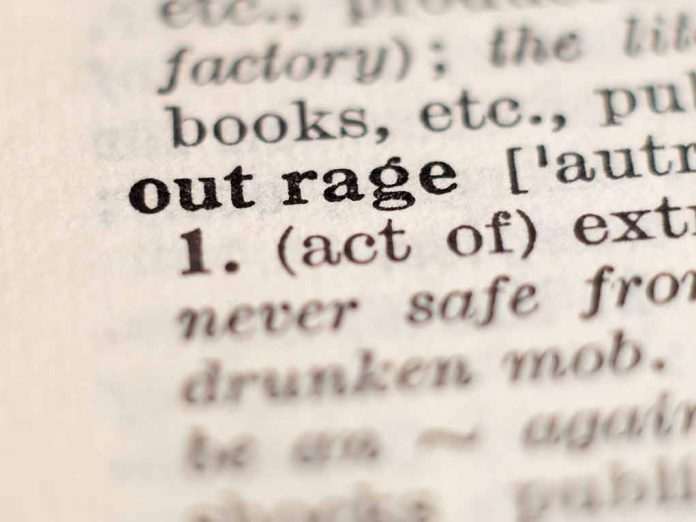
(UnitedVoice.com) – After Russia invaded Ukraine, its government changed the law to make some kinds of dissent a crime. It wanted to control the narrative and stop widespread protests from creating headaches for President Vladimir Putin. The country of Georgia has now passed its own law to crack down on dissent, but the president doesn’t plan to sign it.
Georgia Legislation
On May 14, the parliament in Georgia passed the so-called “foreign influence” bill by a vote of 84 to 30. Protesters poured into the streets around the capital of Tbilisi to angrily protest the legislative decision.
The bill seeks to force media organizations that receive more than 20% of their funding from foreign countries to register as “agents of foreign influence.” If they refuse, the organizations will be fined.
Critics have said the bill is a replica of Russia’s foreign agent bill, which cracked down on media organizations. Since the passage of Russia’s bill, Putin has taken stricter control of the narrative he wants to reach his people.
Thousands of demonstrators made their way to the Heroes Square, a few blocks away from parliament. Critics have argued the legislation could kill the country’s attempts to join the European Union, something lawmakers have wanted to do for years. They also called the bill a threat to free speech.
Archil Talakvadze, a lawmaker with the Georgian Dream party, which fought to pass the legislation, gave a speech and claimed the radicals in the government were using the protests for their own gain. Ana Tsitlidze, with the United National Movement, argued the protesters were showing the world that the Georgian people were united in their opposition and trying to fight for “its European future.”
Reactions
President Salome Zourabichvili has vowed to veto the bill if it lands on her desk, but the Georgian Dream has enough votes to override her veto if and when that happens. She will have 14 days to make a decision. In Georgia, the president doesn’t have much power anyway. The prime minister holds the real political clout and he worked to get the legislation through the parliament.
James O’Brien, the US assistant secretary of State for Europe and Eurasia Affairs, met with Prime Minister Irakli Kobakhidze and then spoke to journalists. He said that he told him that if the law goes into effect and if “there’s undermining of democracy here and there’s violence against peaceful protesters,” then the US would place restrictions on the country.
Copyright 2024, UnitedVoice.com






















